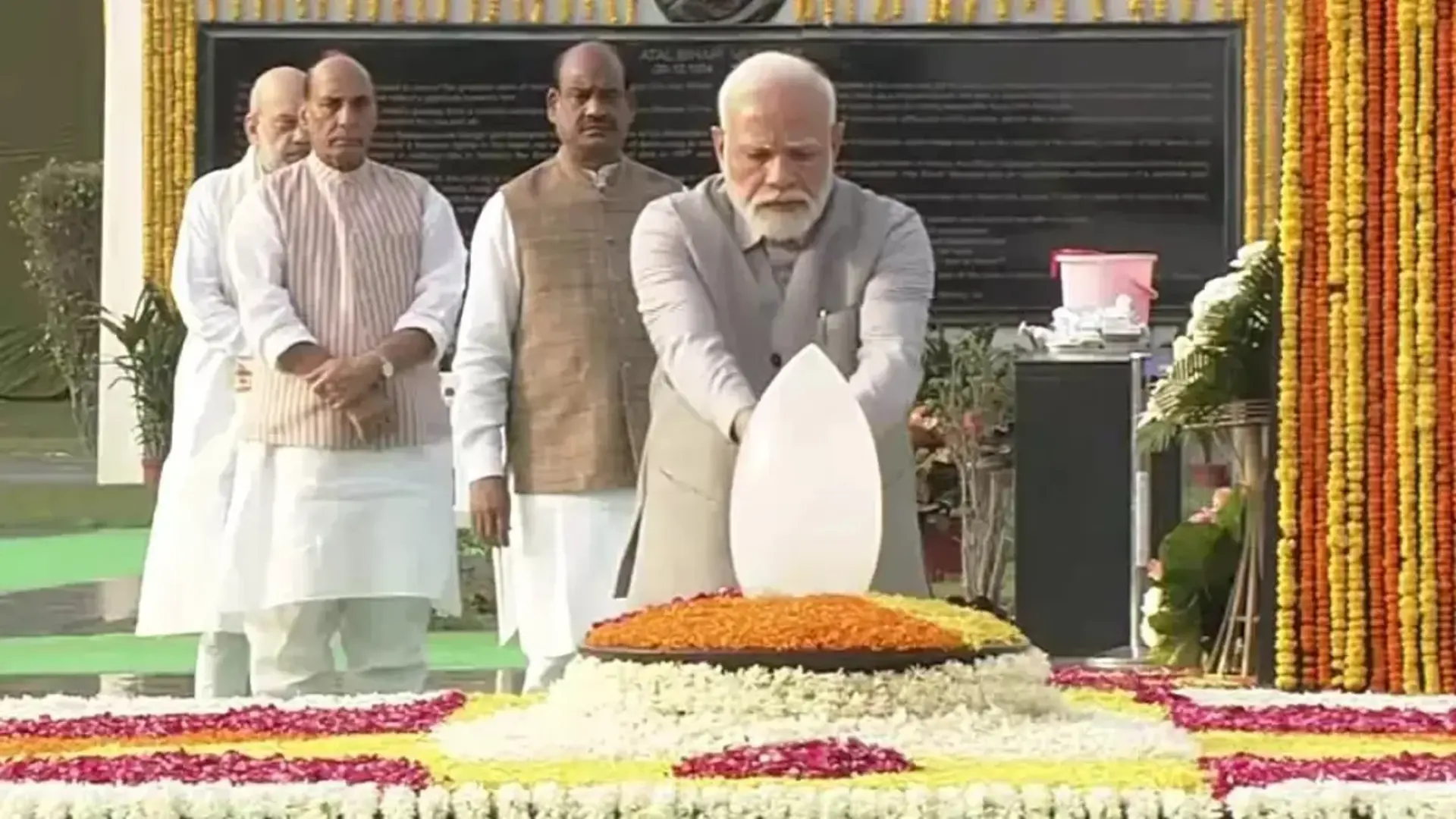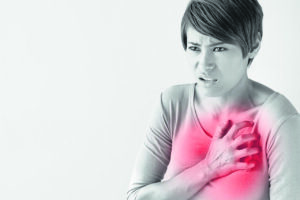A widespread misunderstanding in the field of heart health is that heart disease mostly affects men. The reality, however, is quite different, with heart disease being the top cause of mortality for women globally. Recognizing women’s specific risks and symptoms is critical for early detection and successful prevention.
Understanding Gender-Specific Risks: Historically, heart disease research has primarily focused on male subjects, resulting in a knowledge deficit about women’s cardiovascular health. The risk factors are one notable distinction. While men are more likely to get heart disease earlier in life, women are more likely to develop it later in life, generally after menopause. Hormonal changes, particularly the decrease in estrogen levels after menopause, can have an impact on cardiovascular health, making women more vulnerable to certain heart diseases.
The Importance of Age and Hormonal Changes: The risk of heart disease increases as women age. Estrogen, the hormone that protects the heart, declines after menopause, perhaps leading to blood vessel alterations and an increased risk of atherosclerosis. Women must be aware of these changes and actively control their cardiovascular health through lifestyle adjustments.
Women’s Heart Attack Symptoms: Women’s heart attack symptoms can differ from men’s traditional chest discomfort. Women may feel more modest symptoms such as shortness of breath, nausea, lightheadedness, or jaw, neck, or back pain. These unusual symptoms can cause a delay in diagnosis and treatment. It is critical for both women and healthcare providers to be aware of these indicators.
Pregnancy-Related Conditions’ Impact: Certain pregnancy-related problems can be indicators of eventual heart disease. Pregnancy complications such as gestational diabetes and preeclampsia can raise a woman’s chance of getting cardiovascular disease later in life. Recognizing these links allows for early intervention and preventative measures.
Lifestyle and behavioral factors: While certain risk factors are uncontrollable, lifestyle decisions have a substantial impact on heart health. Smoking, sedentary living, and poor dietary habits can all increase your risk of heart disease. Encouragement of heart-healthy habits, such as regular exercise, a balanced diet, and stress management, can dramatically lower the incidence of cardiovascular disorders in women.
Educating Women About Their Unique Risks and Symptoms: It is an empowering step toward lowering the burden of heart disease. Health campaigns and initiatives should aim to raise awareness, dispel myths, and encourage frequent health check-ups.
Healthcare Professionals’ Role: They are critical in identifying and resolving gender-specific cardiac concerns. Medical professionals can help reduce heart-related morbidity and mortality among women by adapting preventative interventions to individual patient profiles.
Finally, it is time to dispel the myth that only males suffer from heart disease. Recognizing the indicators is critical for women because symptoms might vary. Aging and hormonal changes both play a part, and understanding these issues allows women to take control of their heart health. A balanced diet, frequent exercise, and stress management are all important lifestyle choices to adopt. Women can live heart-healthy lives by raising awareness and receiving timely medical assistance.
The author is a Senior Consultant, Cardiothoracic, Heart and Lung Transplant Surgery at Indraprastha Apollo Hospital.














